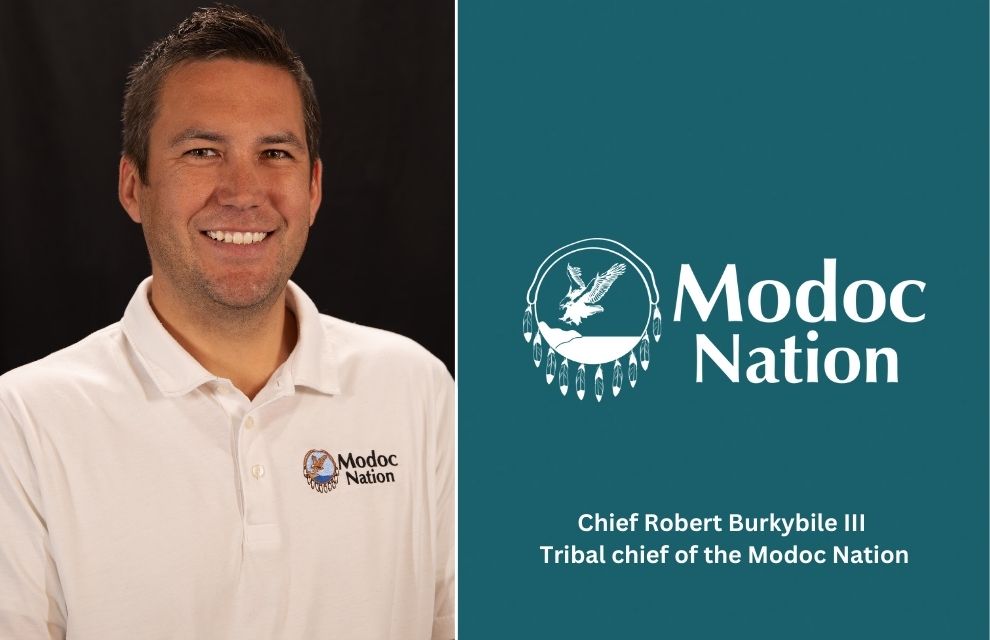Chief Robert Burkybile III, tribal chief of the Modoc Nation in Oklahoma, discusses concerns about misconceptions and prejudices towards tribal domiciles in the micro-captive insurance industry and provides clarity regarding the Modoc Nation’s high standards
As the chief of a small, federally recognised Native American tribe involved in the captive insurance industry, I have recognised a trend of misconceptions and prejudices held by several captive professionals regarding our place in the industry.
One difficulty lies in the confusion around what a “federally recognised tribe” is.
As the Bureau of Indian Affairs notes: “A federally recognised tribe is an American Indian or Alaska Native tribal entity that is recognised as having a government-to-government relationship with the United States, with the responsibilities, powers, limitations and obligations attached to that designation, and is eligible for funding and services from the Bureau of Indian Affairs.”
In other words, federally recognised tribes have a certain level of sovereignty and the right to self-government that is similar to, but different from, a state government.
For example, tribes and states both have the right to regulate business transactions such as insurance, with tribes possessing the authority to develop regulations separate from the state in which their territory is located.
Many Native American tribes in the United States choose to exercise these rights to act as a captive domicile.
Generally speaking, a captive domicile is a jurisdiction that licences captive insurance companies and has primary regulatory oversight over them.
Tribes choose to become domiciles for the same reasons that more than 25 US states have passed legislation legalising captive insurance. Namely, becoming a captive domicile generates revenue for the tribe or state in the form of captive premium taxes, registration fees and licensing fees.
While I cannot speak for every tribe and how they use these funds, I can speak for the Modoc Nation, as we put the funds generated by the Modoc Domicile to use, doing good for our tribal members. In particular, we help provide child care assistance, higher education scholarships and housing. The revenue has also enabled us to reintroduce a herd of 400 bison into the Modoc range, demonstrating our tribe’s commitment to conservation and restoring a part of our heritage.
The Modoc Domicile has taken an innovative and affordable approach to captive regulation. We hold our domicile to the same level of sophistication, competence and knowledge as any state would to properly regulate and oversee captive transactions. The domicile is overseen by our insurance commissioner, Mark Weitz, an expert in the field who has an impressive resume across insurance and law, as well as an entire team dedicated to captives.
The captive industry is progressive and takes diversity and inclusion seriously. Tribal domiciles, such as the one operated by the Modoc Nation, support critical social services for members of the tribe and others across the country. While there is certainly room for improvement, tribes such as ours possess the sovereign right to regulate captive insurance and the know-how to do so properly. All we ask is for a seat at the table, and an opportunity to prove it.





